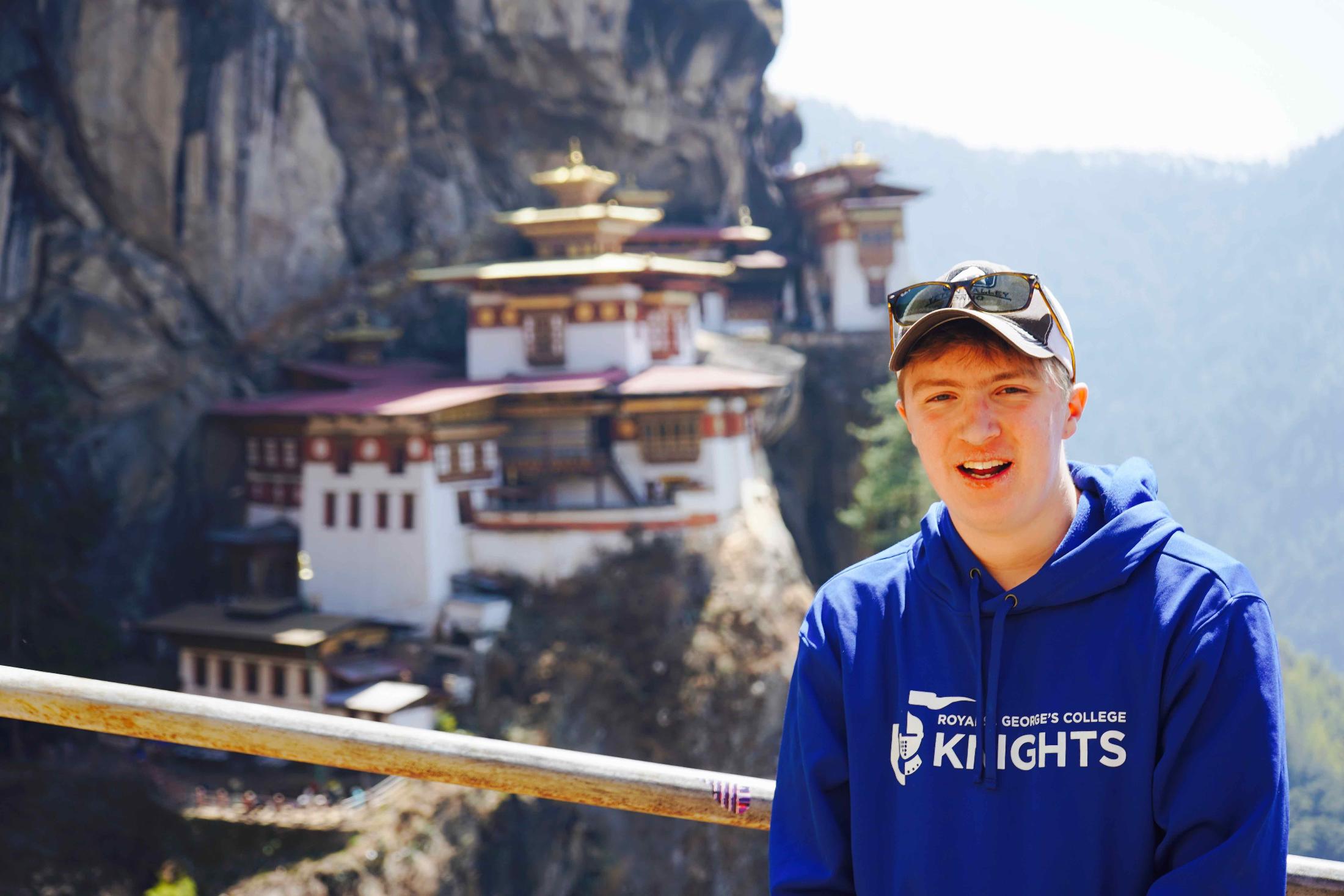Toxic Perfectionism & A New Found Perspective

As long as I can remember, I have been a perfectionist, putting undue and unneeded pressure on myself to succeed academically and personally. Perfectionism may sound harmful and unwanted, and that can be true if it is not managed correctly. Toxic perfectionism is fuelled by the inability of its holder to practice perspective and flexibility, two traits I wanted to improve while in Bhutan.
During the lead up to the trip, the social culture of Bhutan was the main focus, with the kindness and respect of the Bhutanese people being front and centre. This, mixed in with the awe inspiring attractions we would see, almost blinded me from realizing that Bhutan is a so called “third world” country. With this considered, I found myself surprised when seeing the living conditions of some of the Bhutanese people. This realization put my values of happiness and success into perspective, as I have come to realize that material wealth is not the end all or be all in living a meaningful life.
One aspect of Bhutanese culture that was not discussed before the trip is the flexible time schedule in Bhutan. It may seem like hyperbole to say it seemed as though none of the days were executed as planned; however, that’s how it felt. It always seemed as though there was some little shifts or changes that occurred throughout the course of the day which seemed to be caused by a culture where there is no set time for anything. This was a surprise for myself, as I found the shape of the days constantly shifting and adjusting, forcing me, someone who likes to have a strict plan in place, to be flexible.
I have learned through my ten days in Bhutan that being a toxic perfectionist is impossible here. It is extremely difficult not to show some kind of perspective here, especially when comparing the culture of this country to my own. Being inflexible is arguably more difficult, as the constant movement and changing of times forces you to always be present and mindful of everything you are doing. Toxic perfectionism fails here because the ideals espoused by the Buddha and adopted by the people here are in direct contrast to those which fuel such perfectionism, specifically values such as perspective, mindfulness, and perseverance. These values combined with the experiences I have had on this trip will reduce the amount of time I practice toxic perfectionism and increase the amount of time I practice the aforementioned Buddhist values.
By: Alistair Langhorne – RSGC





